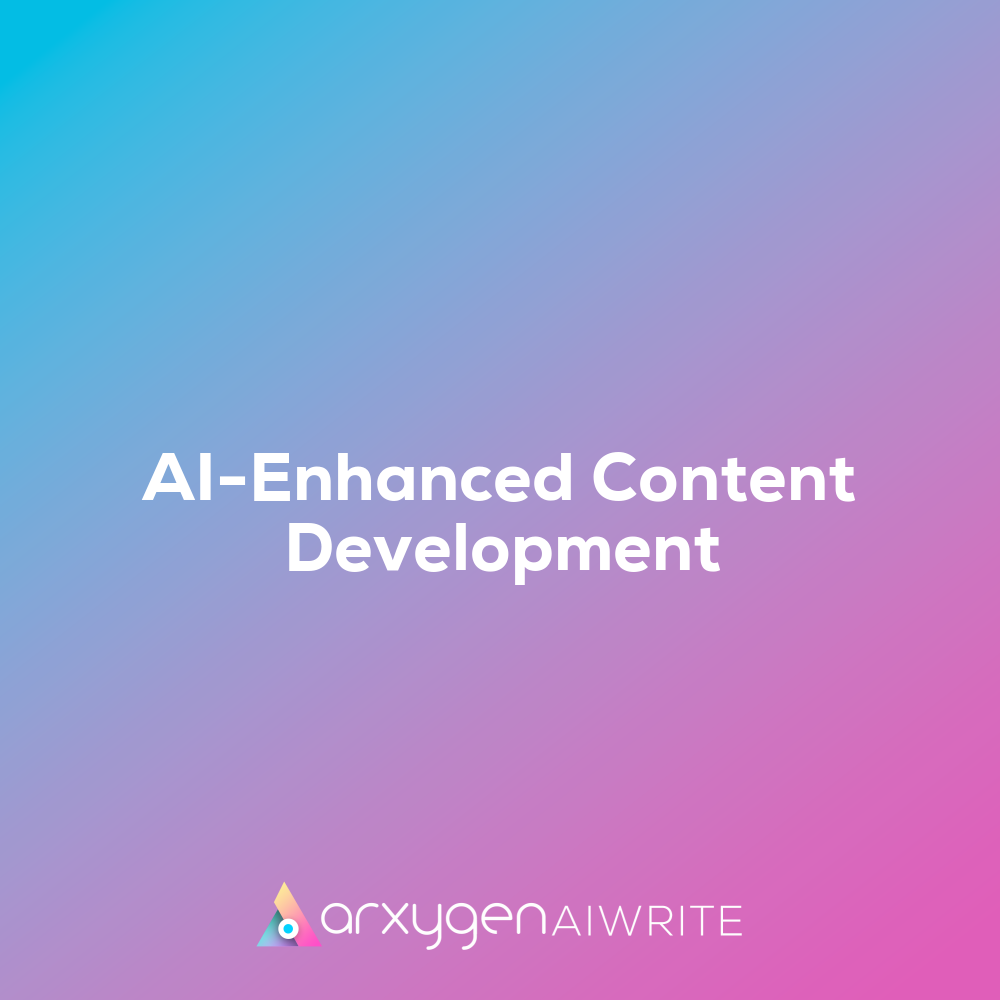Exploring the Importance of Tailored Content Development Through AI
Tailored content development refers to the process of creating personalised material that resonates with specific audiences, making it a crucial strategy in today’s digital environment. In an age where consumers are inundated with information, the ability to deliver relevant content can significantly enhance user engagement and satisfaction. By leveraging AI technologies, businesses can analyse vast amounts of data to understand user preferences and behaviours more deeply. This insight enables marketers to craft messages that speak directly to individual needs, transforming generic content into compelling narratives. For instance, a travel company might utilise AI to suggest tailored holiday packages based on a user’s previous searches and interests, ensuring that each recommendation feels uniquely curated. Furthermore, AI-driven tools can dynamically adjust content in real time, allowing for continuous optimisation based on user interactions. This level of personalisation not only boosts conversion rates but also fosters brand loyalty, as consumers feel valued when their preferences are acknowledged and catered to.
How AI Technologies are Transforming Customised Content Creation
In the realm of content development, artificial intelligence (AI) tools are paving the way for highly personalised experiences. Natural language processing (NLP) and machine learning algorithms are at the forefront, enabling brands to analyse user behaviour and preferences in real-time. For instance, NLP allows businesses to generate tailored articles and social media posts that resonate with specific audiences, effectively enhancing engagement.
One notable example is a global e-commerce platform that utilised AI-driven insights to create customised marketing campaigns. By analysing customer data, they were able to segment their audience and deliver targeted content that increased conversion rates significantly. Another case study involves a leading news outlet that adopted machine learning to curate news articles based on readers’ interests, resulting in higher readership and improved user satisfaction.
The Impact of AI on Content Personalisation Strategies
The success stories don’t stop there; various brands across industries have embraced AI to refine their content strategies. A well-known streaming service employs advanced algorithms to recommend shows tailored to individual viewing habits, fostering a more engaging user experience. Similarly, a popular travel company has leveraged AI tools to generate personalised itineraries based on customer preferences, ensuring a unique travel experience for every client.
These case studies illustrate that the integration of AI into content creation isn’t just a trend—it’s a necessity for brands aiming to stay competitive in today’s digital landscape. As technology continues to evolve, the potential for customised content development through AI will only grow, offering limitless possibilities for brands looking to connect with their audiences on a deeper level.
Exploring Ethical Challenges and Future Roles of AI in Tailored Content Development
As artificial intelligence continues to reshape the landscape of content creation, ethical considerations surrounding personalisation become increasingly pertinent. The use of AI in tailoring content can lead to significant privacy concerns, as individuals may feel their data is being exploited without their explicit consent. Furthermore, the challenge lies in ensuring that AI-generated content does not inadvertently reinforce biases, thereby alienating certain demographics or perpetuating stereotypes. In this context, transparency becomes essential; brands must communicate clearly how they utilise AI to create personalised experiences while respecting user privacy.
The Future of AI in Marketing Strategies
Looking ahead, the role of AI in content development is poised for evolution, promising a transformative impact on marketing strategies. As AI tools become more sophisticated, they will enable marketers to create hyper-personalised campaigns that resonate with individual consumer preferences. This shift could result in a more engaging user experience, where content feels less like an advertisement and more like a conversation tailored to the audience’s interests. Moreover, with advancements in machine learning algorithms, predictive analytics will allow businesses to anticipate consumer behaviour more accurately, leading to proactive rather than reactive marketing strategies. Ultimately, the integration of AI into content development not only enhances creativity but also fosters a deeper connection between brands and consumers.

